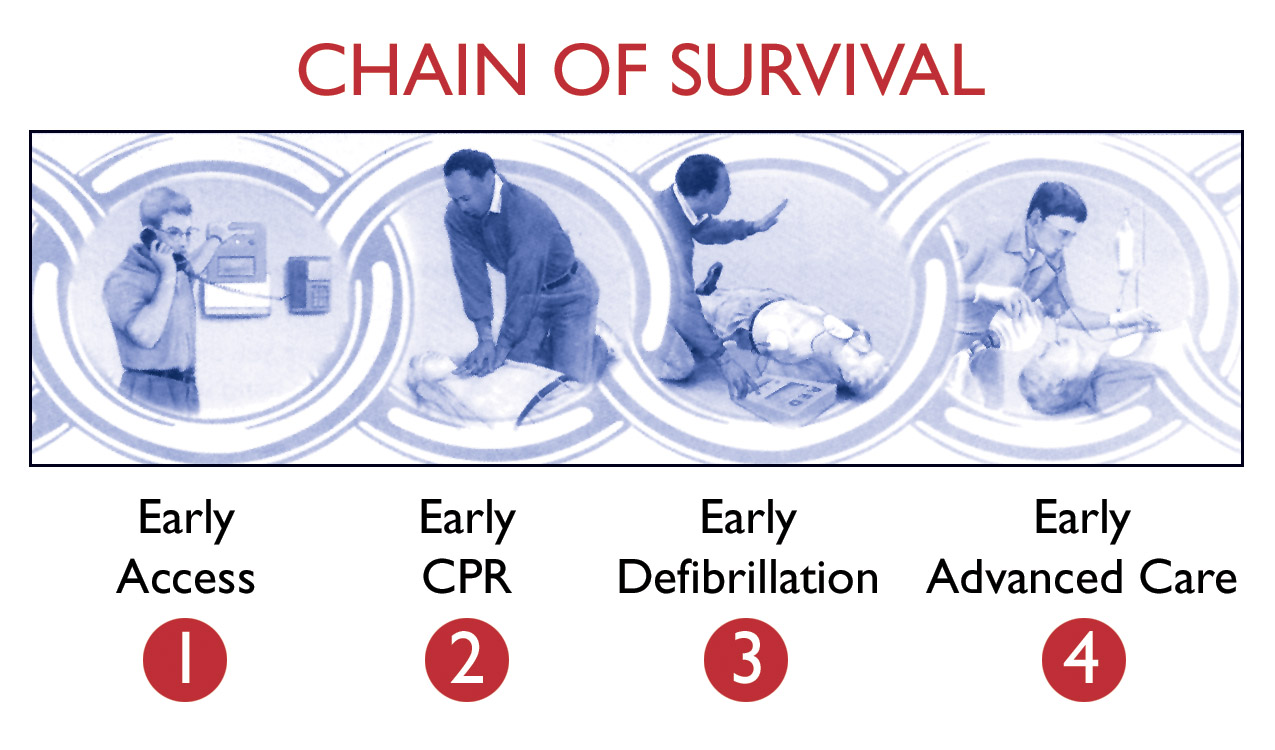The concept of a Community First Responder (CFR) scheme
The scheme is made up of groups of volunteers who either live or work, within the community of Halstead. Responders have been trained to attend emergency calls received by the NHS ambulance service, providing first aid until an emergency ambulance arrives.
Responders give up their time to help others in need. This is done with absolutely no financial reward and our time time is offered in order to assist those in need during medical emergencies. We give our time, fuel and rely entirely on donations to remain operational. Responders gladly respond 24 hours a day and 365 day a year where possible.
The ambulance service will liaise with the responder group using their local knowledge to decide on what area can be responded to in less than eight minutes. Halstead first responders provide cover to Halstead, the surrounding villages and outlying areas
The primary role of the CFR is to provide early defibrillation, oxygenation and CPR in patients in cardiac arrest . The role of the CFR has evolved into responding to life threatening medical emergencies, responding to a wide variety of situations. The main interventions used, are oxygenation, repositioning to assist breathing and circulation; fortunately cardiac arrest remains a very small part of the workload for the CFR, nevertheless vital in terms of providing early resuscitation and maximising the potential for a successful outcome.
Why do we need CFR schemes?
Dr Richard Cummins, from Seattle, USA, discovered that if a series of events took place in a set sequence, a heart attack victim has a greater chance of survival. These events are known as the Chain of Survival.

When put into practice, and with increasing public awareness, training in basic life support and community based Automated External Defibrillators, these actions have improved the pre hospital survival rate to between 25% and 30% in cardiac arrest.
East of England Ambulance Service Trust believes that HCFR will provide the first three links in the ‘Chain of Survival’ and therefore significantly improve the patient’s chance of survival.
